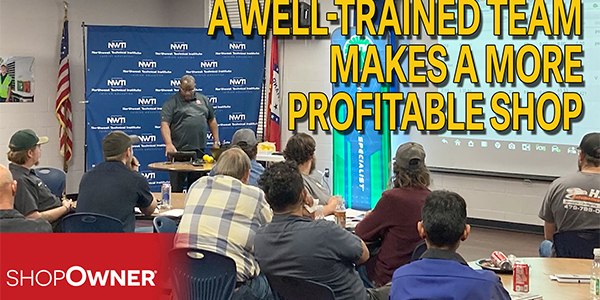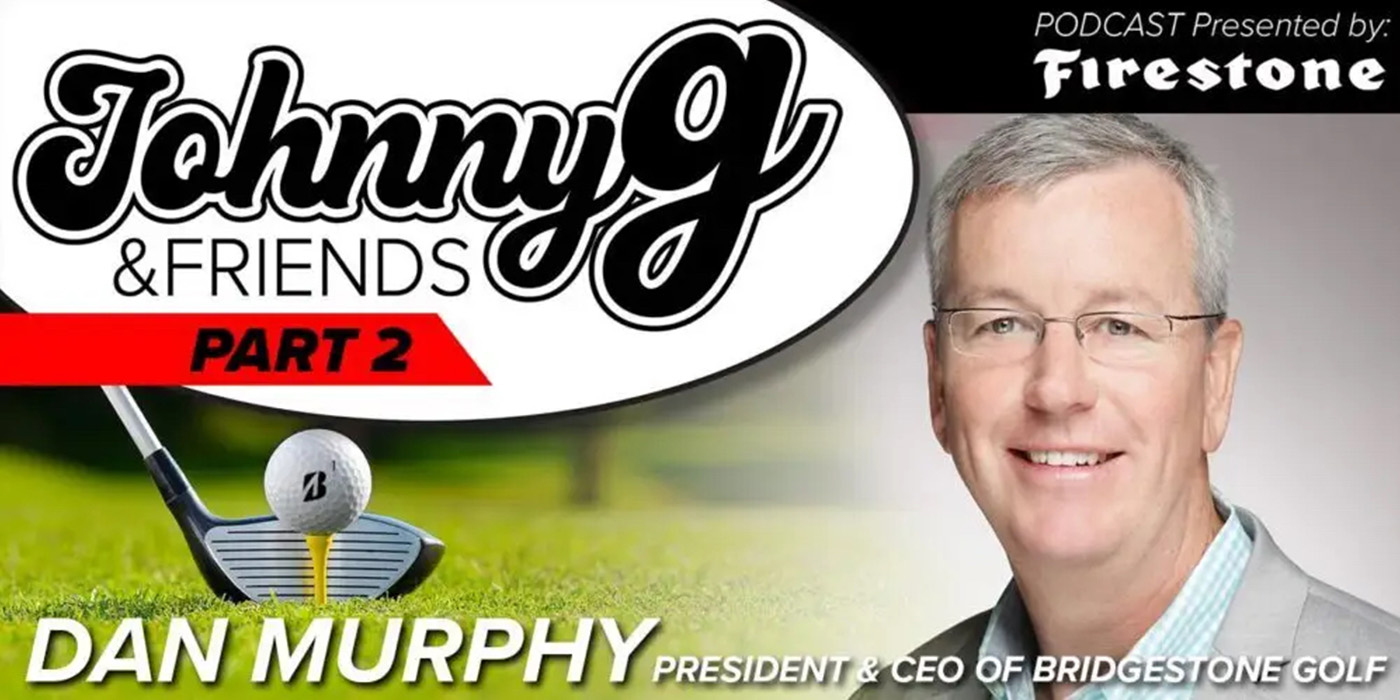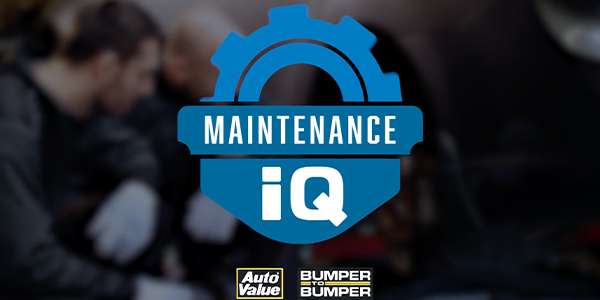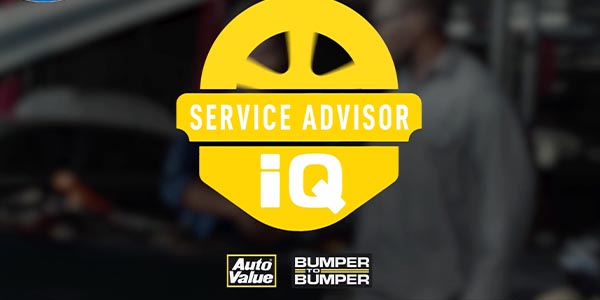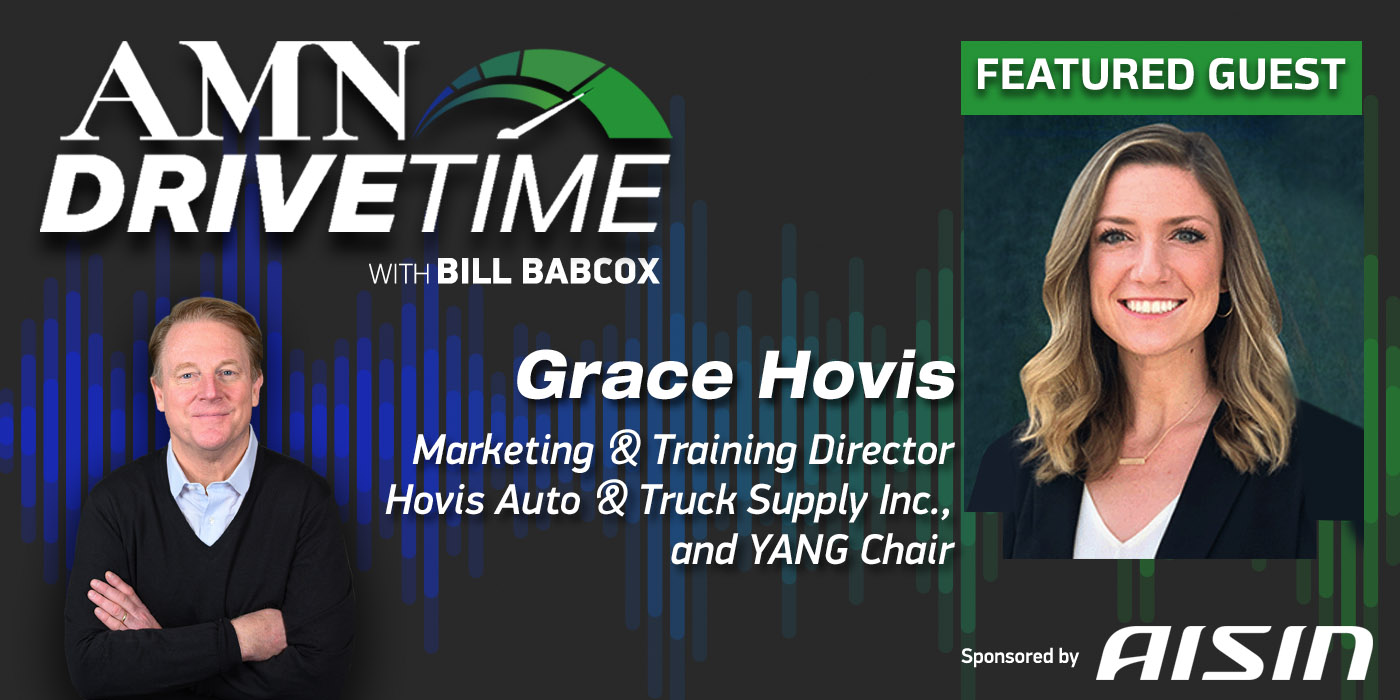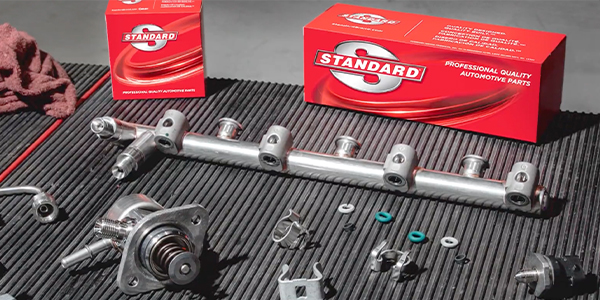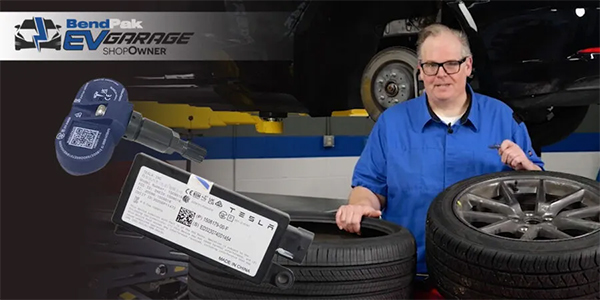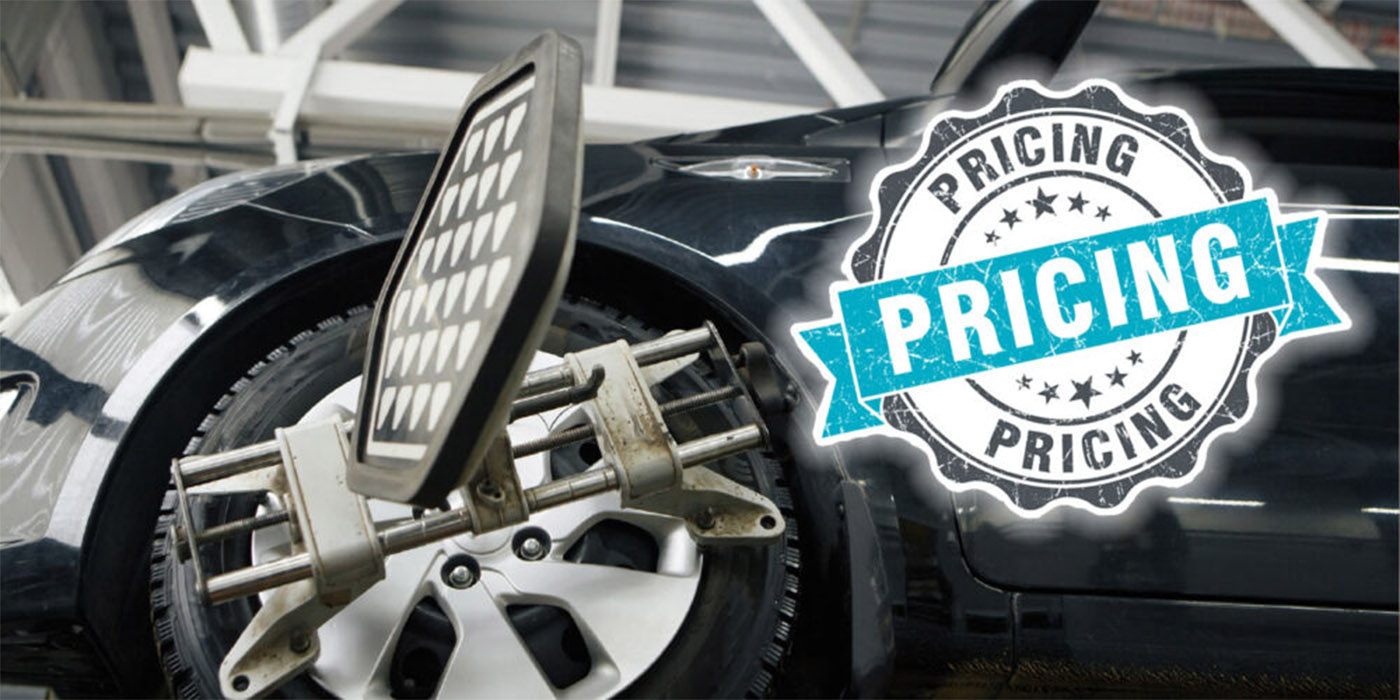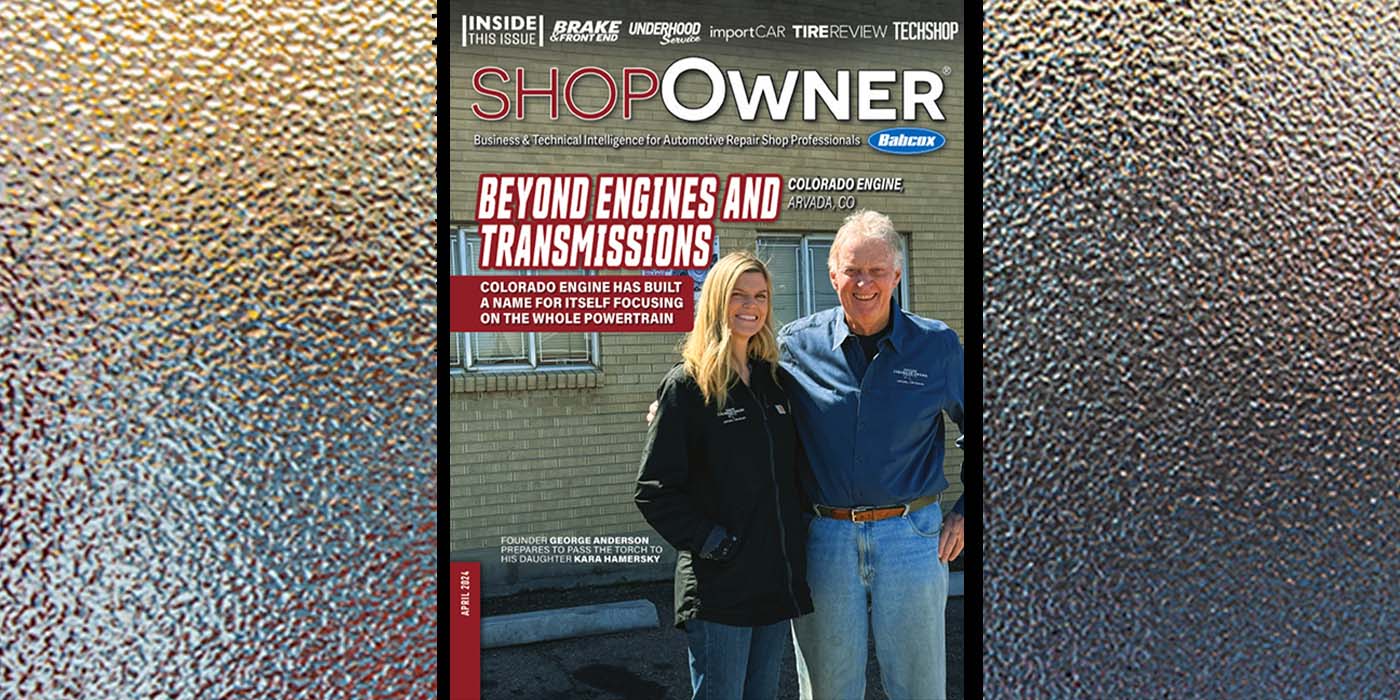Henry Ford is reported to have once said, “The only thing worse than training your employees and watching them leave is not training them and watching them stay.” The need for training in the shop is important today as it was back in old Henry’s day. And to talk training, I’m excited to have Philip Austin and Brian Lesiewicz from NGK NTK here with us today. So Philip, there’s a lot of needs in the shop, obviously for training, lot of people who need to be trained. Let’s talk about the resources that are there, the different needs that there are for training within the shop today from the front counter to the back of the shop.
Philip Austin:
The training needs of the shop today, it’s kind of like peeling an onion. It’s so many different parts of it. And it’s based off of the expectations of the roles and the shop structure has to support it. Not all shops have the perfect structure of a service advisor, shop owner or office manager and front desk, and sometimes the front desk is in a service space. So the need for them to just be effective in what they do in order to properly get the car fixed right and communicate that information to the customers essential. So yes, training based upon the role of the shop is critical and how well that individual could digest the information and quickly apply it. So is different aspects of training that here at NGK through our Shop Squad online program is well positioned to offer.
Brian Lesiewicz:
Yeah. We’re really excited to be here with Philip in representing team NGK and NTK and we really want to step up our game of supporting the shop owners, the technicians and service advisors. It’s the most important channel within our industry today, and especially as the ignition specialists and sensor specialists, there’s a little bit more weight on the shoulders in terms of delivering that, of being that specialist so we can make them specialists in their positions as well.
Doug Kaufman
So all of that sounds amazing. How do you maintain adequate training across all those levels? What resources do you guys offer that are available to the industry and not maybe specific to your prime customers?
Philip Austin:
Well, we try to be very interactive, engaging regardless of the platform or the medium of training we provide. So in person, whether it’s a technical training class or a service advisor training class or a shop owner training class, we just try to make it realistic and practical. For instance, we understand the growing pains of letting a customer know, Hey, because you didn’t change your oil when you were supposed to, several different times, we have to replace two or four VVTs within your vehicle. And being confident enough to explain the technology, why it fails, and why they have to pay what they have to pay. So having training program classes that will suit their needs by showing a realistic situation and work together on ways to come up with the best answer and a response or even the proper diagnostic step depending on the training class. So that’s where we look to be challenged and meet in those type of needs that’s going to meet our customers wants out of training.
Brian Lesiewicz:
And we’re blessed to have Philip leading our training department and having a great team within the training department supporting us. And really it’s about the customer at the end of the day. So we roll off that feedback. It’s changing every day and we want to continue to evolve with the market and we will continue to deliver that content to support them and we look forward to doing so.
Doug Kaufman
You mentioned that with the relationship with your customers, how do you interact in that way? How do you get the information that Philip then can then use to create the next generation of training resources?
Brian Lesiewicz:
Yeah. So at NGK and NTK, historically we’ve made thousands of shop visits every year and collected that feedback and we wanted to step up our game and do more. Internally we have a saying called plus up, where each of us just want to do a little bit better and as an aggregate, we hope to be all stars for the industries and great providers for our customers. So with that being said, we recently got together and launched our Shop Squad community program. That’s all based off of learning, sharing and supporting. So it’s our way of giving back to the industry. It’s our way of providing tools and resources. Training is the tip of the spear and we’re really looking for this to be in our engagement arm with the industry to do our part.
Doug Kaufman
And I think in a lot of cases people look at training as technician training. As I said at the beginning, they’re not the only ones in the shop who need training. Right. As you have been in those thousands of shops over the years, where do you see the need for training within maybe the typical shop, if there is such a thing, who needs it more?
Philip Austin:
Yeah. I like to balance out that question with who wants it more as well. So our approach is who needs it more and who wants it more, but our focus based upon our research and in field conversations, we have a strategic plan. We want to reach out to those B and B plus, they struggled from reaching from a C level to a B and B plus level. There’s tons of high advanced training out there for the A and A plus. Our focus is that B, B plus. The service advisor that has enough professionalism and good communication skills to be a service advisor, we want to be able to help them maintain that and give them and challenge them in being more effective. And the technology that we offer within our NGK and NTK lines alone is very helpful for them and just the terms and understanding and putting the customer at ease and being able to understand what is necessary for their car to be repaired right. So our training would encompass all those things in order to meet the needs and the expectations of everyone in the shop.
Doug Kaufman
And by everyone in the shop, you mean the shop owner as well, right?
Philip Austin:
Yes.
Doug Kaufman
There’s a need to keep the shop owner trained in many cases, probably in every case.
Philip Austin:
Yes, absolutely. Because I’ve found that there is a growing number of working shop owners. And as we know with the economy and the changes, there’s working shop owners that need to have expertise behind the counter and also communicating with the shop and the technician and then letting the customer understand that your process is the best, setting yourself apart. And our goal is to help them as well, the shop owner.
Doug Kaufman
So how can our viewers get more information about the resources that you offer?
Brian Lesiewicz:
We invite them to join the Shop Squad community and it’s very easy. They can go to shopsquadonline.com. It’s a simple register process and you’ll have access to all of our on-demand training portals as well as be a part of the community for future communications and access to live events. Could be virtual live, in person live, in a number of different resources we put within the community.
Doug Kaufman
I like what you call this, a community. This industry has been a community heck since Henry Ford’s day. So it’s good to see that you’re continuing to support that need and that desire for training. Thanks for what you guys are doing.
Brian Lesiewicz:
Thank you for everything that you’re doing for our industry. It’s truly appreciated. And we’re all in this together.
Doug Kaufman
We are all in this together. And thank you for watching. We’ll talk again soon.

